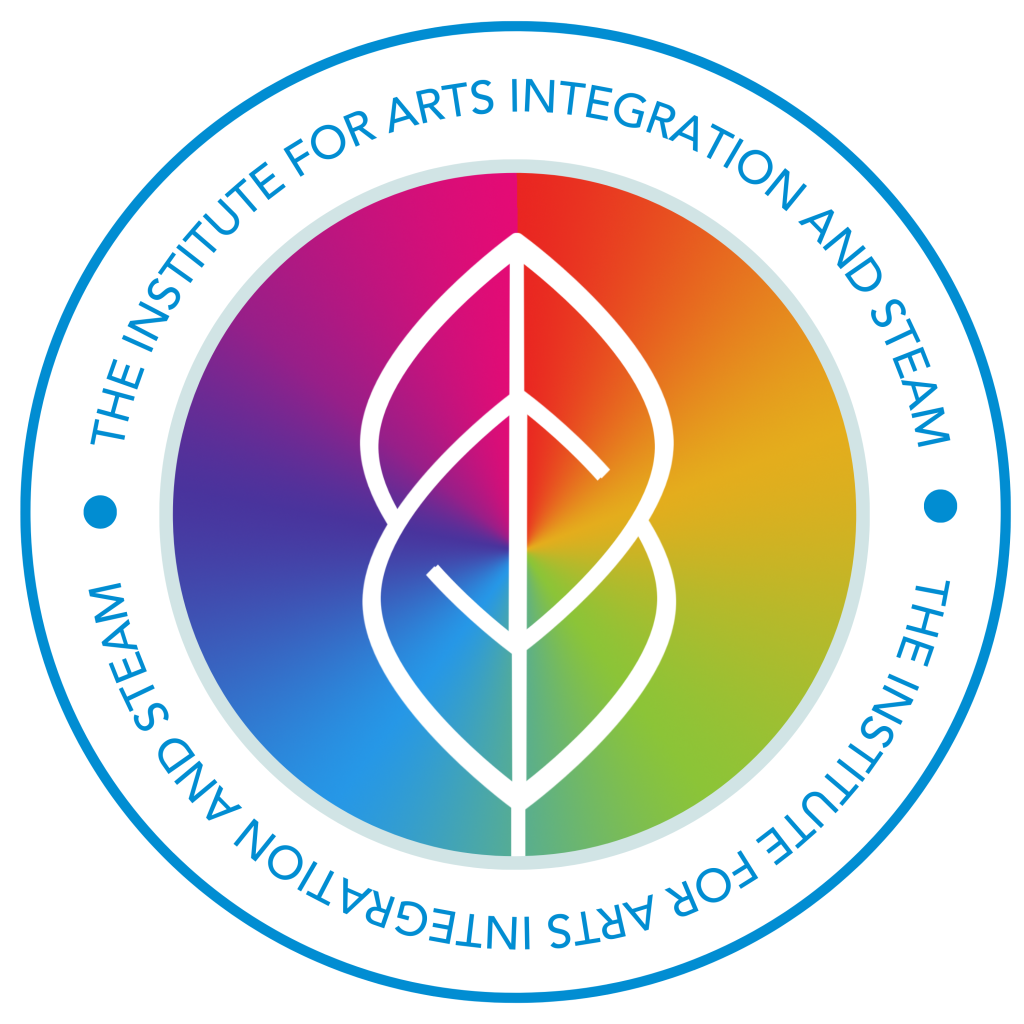In Search of Failure
4 Min Read • Social Emotional Learning
When was the last time you went looking for failure?
This might sound like one of those knock-on-woods moments. As if your brain is subtly whispering “No, no! She didn’t mean failure, Universe. She meant something that looks like failure but isn’t and still teaches us a valuable lesson”. As educators, we like to say we encourage the learning process, but we tend to get nervous once failure starts to bubble to the top of the curve. As if failure is the uncle no one talks about at the holiday family get-togethers.
Seek Out Failure
I’ve thought about failure a lot lately. I’m in the midst of taking an online course, and one of the lessons shared something that struck home with me last week. *We should all be seeking failure*. The premise of this idea is not only do we learn more from our failures than our successes overall, but failure saves us a lot of time. We don’t get stuck heading down the wrong path forever. Instead, we look for failure like it’s gold. We treasure the lessons learned, invest our earnings into a new plan and keep moving forward.
This idea still seems a little crazy to me. After all – do we want to create an environment for our students where they are seeking failure or simply learning from it? During a somewhat passionate exchange during a Twitter chat this week, I discovered that failure is still one of the ultimate buzz words for all educators. Some educators out there passionately believe in creating an environment that sets our students up for success. And while this sounds terrific, does setting them up for success provide them with the best learning experience? Or, does that merely insulate our students from the sting of failure and all the things they could learn from it?
The Difference of “feeling” Like a Failure, and Failure to Move Forward
I don’t know. Certainly, I never want a child to feel like a failure at something. But I think there’s a big difference between feeling like a failure and seeking it out in order to learn from it and move forward. There’s even a term for it now: Failing Forward. Embracing failure as a fact of life – rather than as something to be feared – and using it to empower us to grow and evolve.
This is one of the reasons why I think the arts are so important – both in their own right and as a way to integrate student learning. The act of artistry is more about failure than success. As a musician, I spend 90% of my time in a practice room failing before standing on a stage to share a stand-out performance. I know artists who have storage rooms filled with canvases – which the people who attend their gallery openings will never see. And my favorite lessons with students are often those where the student proclaims “I messed up – can I have another piece of paper?” and I get to tell them “no – make it work”. In that moment, more often than not, they create something they never could have imagined possible at the beginning of the exercise.
“We are not educated in how to BE – only in how to accomplish”
Perhaps it’s not about seeking failure or success, but simply changing our mindset about the value of both. We obsess over success. Jon Kabat-Zinn explains, “We are not educated in how to BE – only in how to accomplish”. I think there is a lot of truth to that. Somehow, we equate success with accomplishment. In turn, we treat failure as though it’s something to be afraid of, and to avoid.
Sure – if failure happens, we can learn from it. But definitely don’t go in search of it. I don’t buy it. I think the act of failure is something to be valued as well and to be sought after with the same level of gusto. Find it faster, and use it to propel you forward, rather than dragging you behind.
Rather than being so obsessed with getting students to achieve, why not focus on empowering our students to learn how to be their truest self and realize their own dreams? And as Jon Acuff says, “A dream you don’t have to work for isn’t a dream, it’s a nap.”
Let’s get to failing, succeeding and working towards our dreams – and helping our students to do the same.



